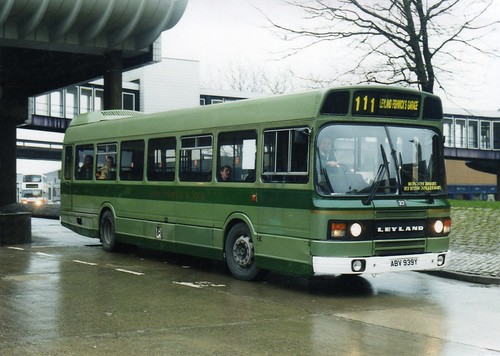Forget fiscal policy to get agreegate demand moving, it appears that this winter we are stuggling to get anything moving at all!
Its easy to over look the impact of weather in Economics but is a very important factor.
For a start weather gives out externalities, a rainy day could have negative externalities believe it or not! Perhaps the snow will make people happier and more productive.. though this is debated!
Where weather plays a key part though is the supply side of the economy. Shifts in weather conditions could damage crops or reduces solar power yeild lower agreegate supply. Famines can damage supply in market increasing prices and panic buying due to weather has drastic effects on sum markets.
This quick example shows the classical theory for what happens in the market for tinned beans short term in a panic buy. The supply is fixed short term as shown by being totally inelastic. The demand is also inelastic as demand will not be effectected by price rises. A jump to D1 leads to a drastic increase in price from P to P1.

This is exactly what plucky shop keepers can do in times of high demand. Although the large super markets like tesco and sainsbury's could be hindered by pricing policy, in this case it would be the small independent shops and francises (like Spar) that would benefit. Although classic theory tends not take into account customer loyalty that would be damaged for years to come for any shop keeper that abused his customers this way.
However the problem facing the UK at the moment is the effect of weather, in this case snow, on the mobility of the factors of production. Mobility of labour, land, capital and even enterprize is a very important supply side concept. To improve the supply side of the economy we can improve infrastructor like motorways to improve mobility of these factors.. so what happens when the economy is snowed to a stand still?
"The insurer RSA estimated that the freezing
weather could cost the UK economy up to £1.2bn a day, with retailers and the restaurant and bar industries likely to be the worst affected."
-Big freeze could cost UK economy more than £6bn - guardian.co.uk
For each person that does not get to work, each factory that's supplies are delayed and each school child that can't be educated the economy suffers.
Yet there is some good news, due to the internet things are not as bad as they could be. People are working from home and businesses can use webcams and phones to hold meetings, I know infact of a business now conducting a board meeting via skype.
Businesses are also offering their own solution, Miniture scifi model producer
Games Workshop emailed its customers telling them while they can't promise Chirstmas orders they are offering online vouchers that can be given over the internet to solve Christmas gift woes. Ending their email with an appropreate image, I've shared with you bellow, to lift thier fans spirits.
Snow causes chaos but we just have to 'battle' through and hope the smiles a white Christmas will put on peoples faces will out weight the chaos, after all at the end of the day Economics is not really about money its or even dare i say it factors of production, but whats best for us all and thats happiness.








